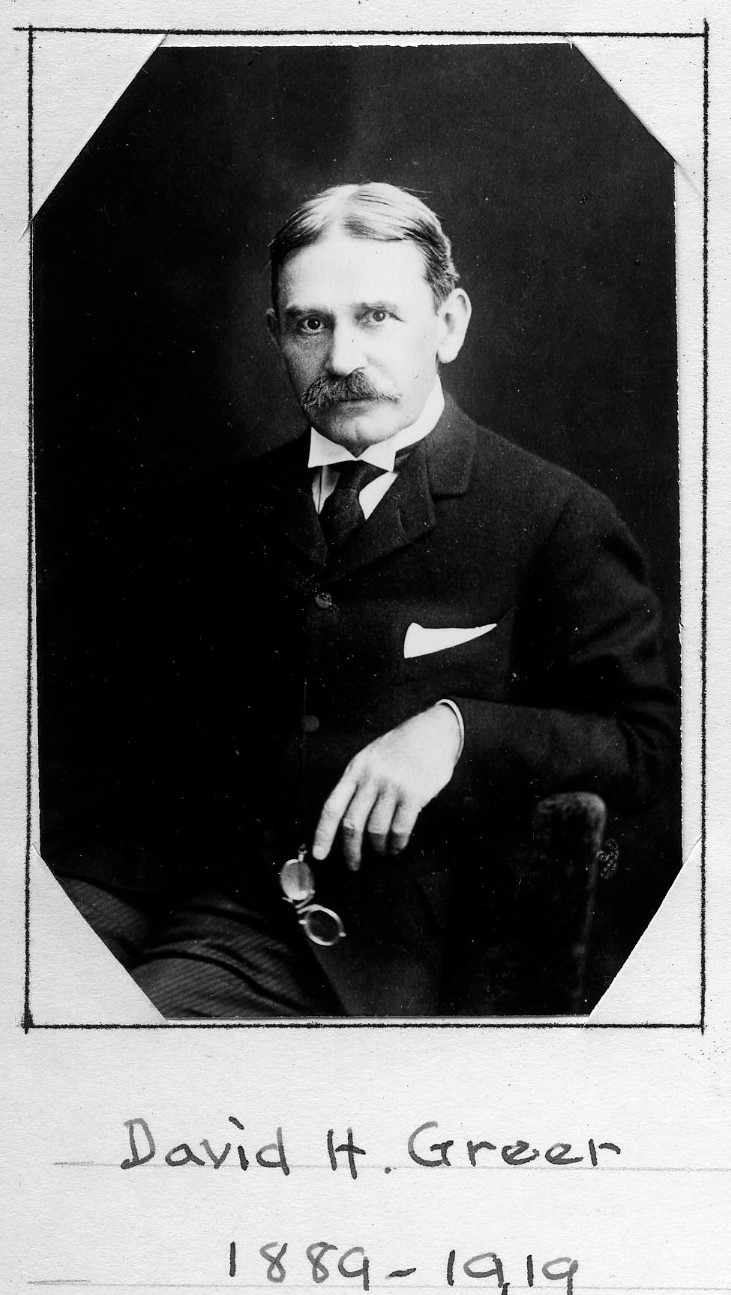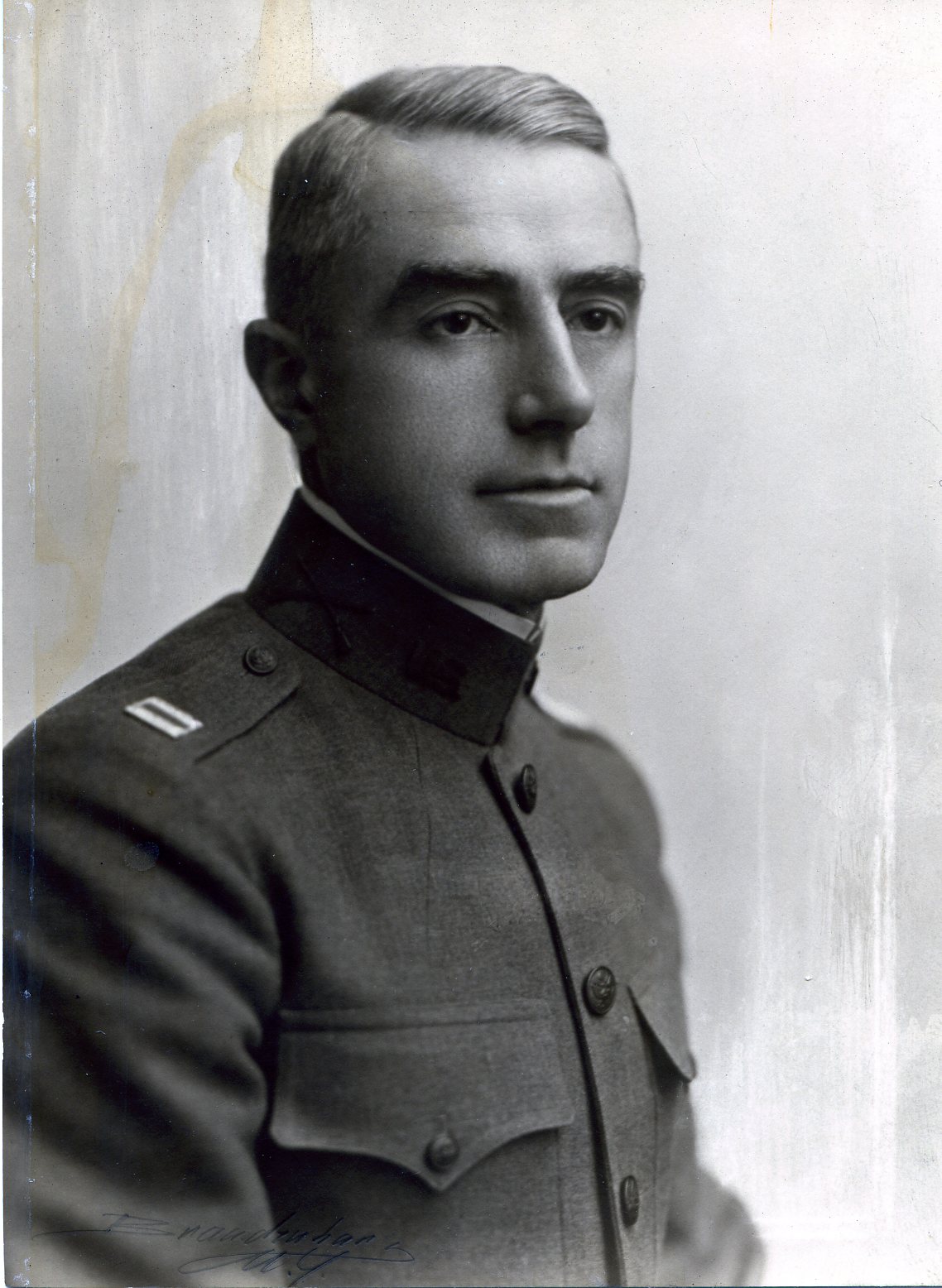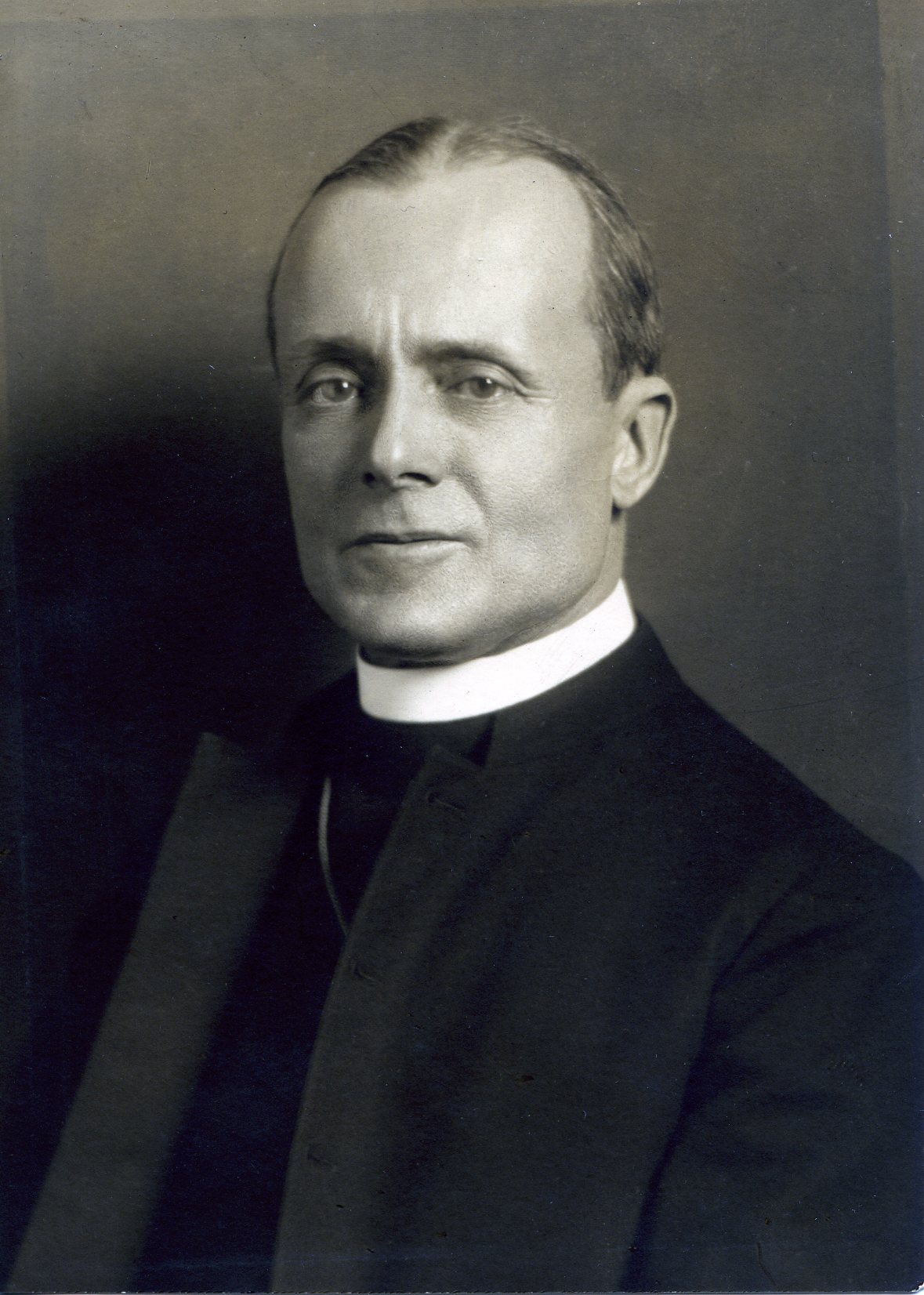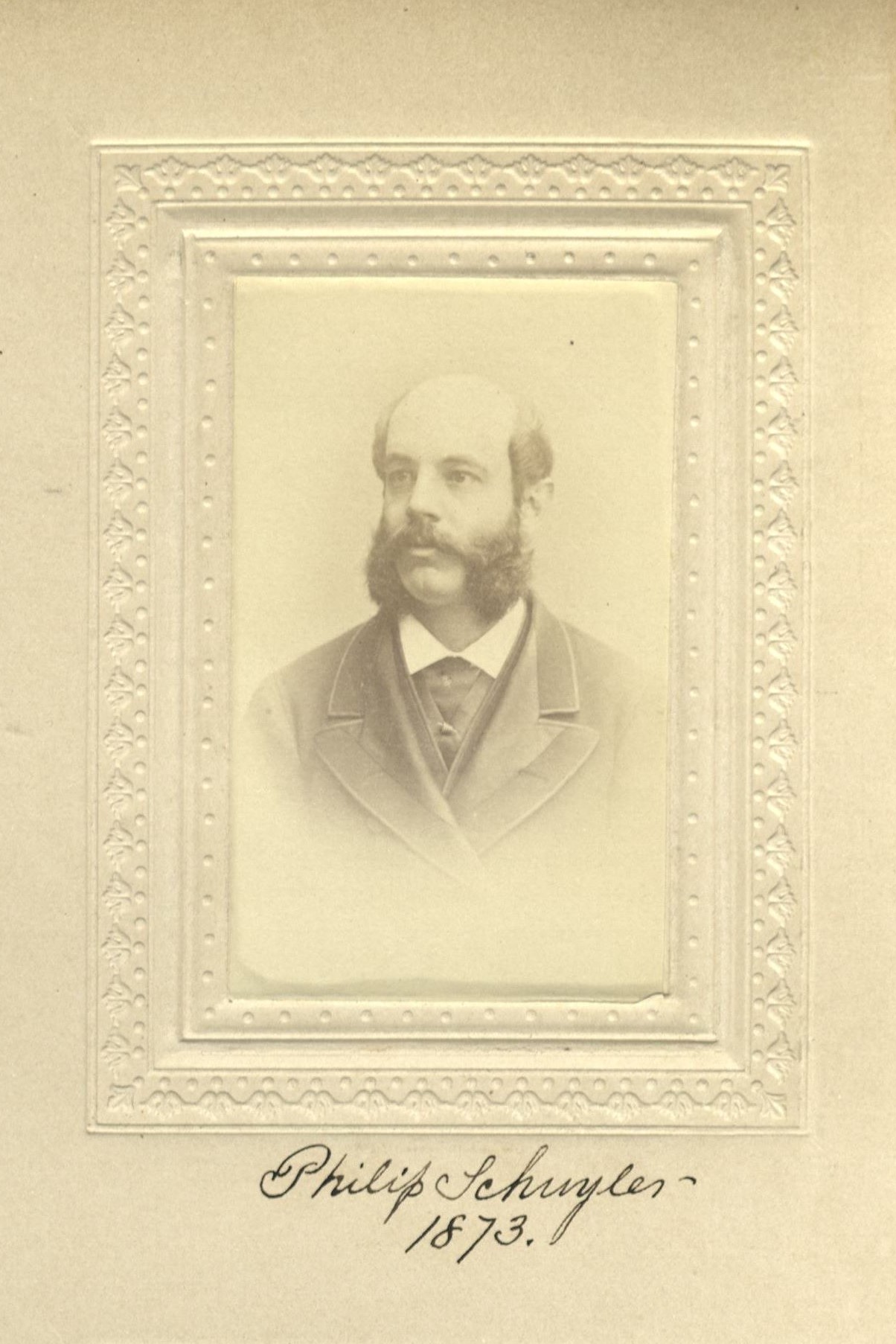Member Directory,
1847 - 1922
Leighton Parks
Clergyman
Centurion, 1905–1938
Philip Schuyler and David H. Greer
New York (Manhattan), New York
London, England
Age fifty-three
Tandridge, Surrey, England

Archivist’s Notes
Brother of James Lewis Parks
Century Memorial
There was the fire of discovery in the militant modernism of the Rev. Leighton Parks nor did the years dim the heat of his belligerency. He had been rector of St. Bartholomew’s for twenty-five years and was in his seventy-first year when on a famous Sunday, dropping his vestments and donning his academic gown, he mounted into his pulpit and challenged Bishop Manning to bring him to trial for heresy. It was a pastoral letter from the House of Bishops which, without mentioning names but referring to “dishonest men,” provoked him to this blunt attack on fundamentalism and passionate defense of his right to decide for himself such questions as belief in the Virgin Birth. Such clashes with authority were rare in his career, as a matter of fact. Yet from the start, beginning with his highly successful rectorship of Emmanuel Church in Boston, he was outspoken, too outspoken for the conservatives of his parish. Fortunately Phillips Brooks, his elder by seventeen years, was then preaching at Trinity and knew how to save the fiery young rector from his opponents. That other great modernist of Boston, Bishop [William] Lawrence, related the episode in his memorial sermon on Leighton Parks at St. Bartholomew’s last April. When Brooks learned of the threatened revolt, he sought out Parks and said, “Won’t you exchange with me sometime?” “Certainly and gladly,” was the answer, “and when?” “Why not next Sunday?” said Brooks. So standing in Emmanuel pulpit and basing his argument on the same principles as did Parks, he developed his theme in such a way as to win the assent and sympathy of the whole congregation—leading, however, to the same conclusions. The reaction of the conservatives was, “Oh, if that is what Mr. Parks meant to say, we withdraw our complaint and remain.” An intimate friendship between Brooks and Parks was the result. The span of his active controversial career bridged a vast change in the religious outlook of the Protestant world. Precisely as Parks was growing up the warfare between science and religion reached its height. It was natural enough that he should reflect the excitement of the battle and consider his first duty one of attack upon those who still held to a literal belief in the inspiration of the Bible. So swiftly has the conflict lost its importance that the whole dispute seems remote and irrelevant today. Science has disowned any concern with the stuff of religion; the churches revive by exalting faith above controversy. As in so many other fields of human thought, the most striking feature of religious “modernism” today is the speed with which it has become old-fashioned. Parks had not been in the Century since he resigned from his pulpit in 1925 and retired to England, there to spend the remaining years of his life. The happiest moment thereof is reported to have been his christening of his great-grandson in the old Chelsea parish church.
Geoffrey Parsons
1938 Century Memorials
Related Members
Member Directory Home-
 David H. GreerClergyman/BishopCenturion, 1889–1919
David H. GreerClergyman/BishopCenturion, 1889–1919 -
 Arthur Sewall HydeMusicianCenturion, 1918–1920
Arthur Sewall HydeMusicianCenturion, 1918–1920 -
 William T. ManningClergymanCenturion, 1904–1949
William T. ManningClergymanCenturion, 1904–1949 -
 James Lewis ParksRector, Calvary ChurchCenturion, 1899–1910
James Lewis ParksRector, Calvary ChurchCenturion, 1899–1910 -
 William PrallClergymanCenturion, 1915–1933
William PrallClergymanCenturion, 1915–1933 -
 Philip SchuylerArmy Officer/Civic AffairsCenturion, 1873–1906
Philip SchuylerArmy Officer/Civic AffairsCenturion, 1873–1906




